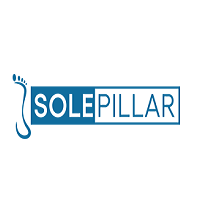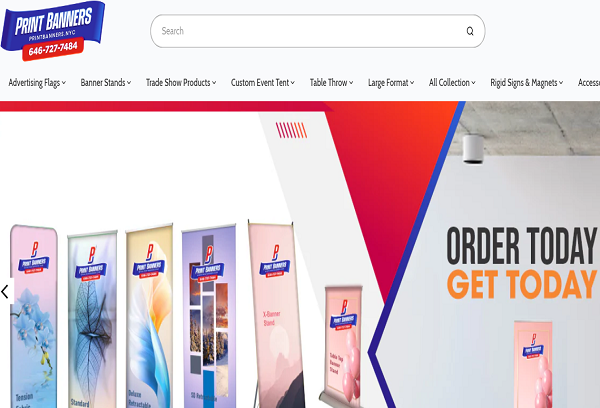Beyond Keywords: How Technical SEO Powers Crawl Efficiency and Visibility in 2025
- July 10, 2025
- SEO
In 2025, keyword-rich content alone isn’t enough to win in search. If your site isn’t structured to be crawlable, indexable, and AI-ready, your best content may never be discovered.
Technical SEO is no longer just a backend chore—it’s your visibility engine. And in today’s AI-driven search landscape, optimizing crawl efficiency is the foundation for long-term success.
Let’s explore how smart technical SEO practices not only help bots crawl and index your content—but also help your site stand out in AI-generated summaries and advanced SERP features.
Why Crawl Efficiency Is Critical
Think of crawl efficiency as your SEO infrastructure. It determines how well search engines can access, understand, and prioritize your most valuable content.
Over time, even well-maintained websites accumulate clutter—broken links, redirect chains, orphaned content, and duplicate parameterized pages. These obstacles waste crawl budget and make it harder for your important content to get indexed.
Improving crawl efficiency isn’t about getting more crawled—it’s about ensuring that search engines spend their time crawling the right pages.
5 Technical SEO Strategies That Actually Matter in 2025
1. Structure for Discoverability, Not Just Flatness
Forget the outdated advice about “flat” architecture. What search engines want is clear, accessible structure. Logical URL nesting supports better crawl behavior, performance tracking, and internal linking.
Pro tip: Add topical tags or categories in blog URLs (e.g., /blog/technical-seo/crawl-efficiency-guide) to signal relevance, enhance indexing, and simplify performance analysis.
2. Eliminate Crawl Waste
Faceted navigation, dev environments, internal search result pages, and UTM-tagged duplicates bloat your index and drain crawl budget.
What to do:
- Audit your crawl logs regularly.
- Block junk URLs in robots.txt.
- Use canonical tags and noindex rules appropriately.
- Clean up low-value archive pages and tag clutter.
3. Fix Redirect Chains for Speed and Equity
Long redirect chains not only hurt load time but also dilute link equity and crawl paths.
Quick win: Audit redirects quarterly and condense multiple hops into single-step redirects. Update internal links to point directly to final destinations—not legacy URLs.
4. Make Important Links Visible (Avoid JavaScript Traps)
AI crawlers and search bots don’t interact with your site like a human. If your key navigation and content are hidden behind JavaScript or dynamic filters, they might not get indexed or cited.
Solution: Keep your primary navigation, support pages, and documentation crawlable via plain HTML. Ensure that your knowledge base is not hidden behind search boxes or modals.
5. Handle Pagination and Parameters Intelligently
Poorly structured pagination and unmanaged parameters fragment authority and create crawl confusion.
Best practices:
- Use path-based pagination (/page/2/) over query strings (?page=2).
- Ensure paginated pages add value, not just replicate page one.
- Avoid canonicalizing every page back to page one.
- Prune and manage duplicate parameters through robots rules or Search Console settings.
The AI Search Shift: Why Crawl Optimization Is More Vital Than Ever
Large language models (LLMs) like those used by Google, Perplexity, and ChatGPT don’t index your site—they extract data. If your content isn’t structured for visibility, it won’t be cited. If it isn’t cited, you’re not part of the AI conversation.
Search agents prioritize well-organized, semantically clear content. That starts with crawlability.
Final Thoughts
The future of SEO isn’t just about writing smarter—it’s about structuring smarter. As AI reshapes search, technical SEO becomes the foundation of digital visibility. Start treating crawl optimization as a growth lever, not just a maintenance task.
At Earn SEO, we specialize in Technical SEO services tailored for businesses in New York City and beyond. From optimizing crawl efficiency to future-proofing your site for AI-driven search, our team ensures your content architecture supports visibility, performance, and growth. Ready to make your site search-friendly and AI-ready? Contact us today to schedule your technical SEO audit.
Earn SEO was established in 2011 by Devendra Mishra, a highly educated professional with varied training and experience. Mr. Mishra is responsible for business development, attracting new Earn SEO partners, and interacting with clients, the media and press, and acting as Brand Ambassador.
Devendra Mishra
Founder





































